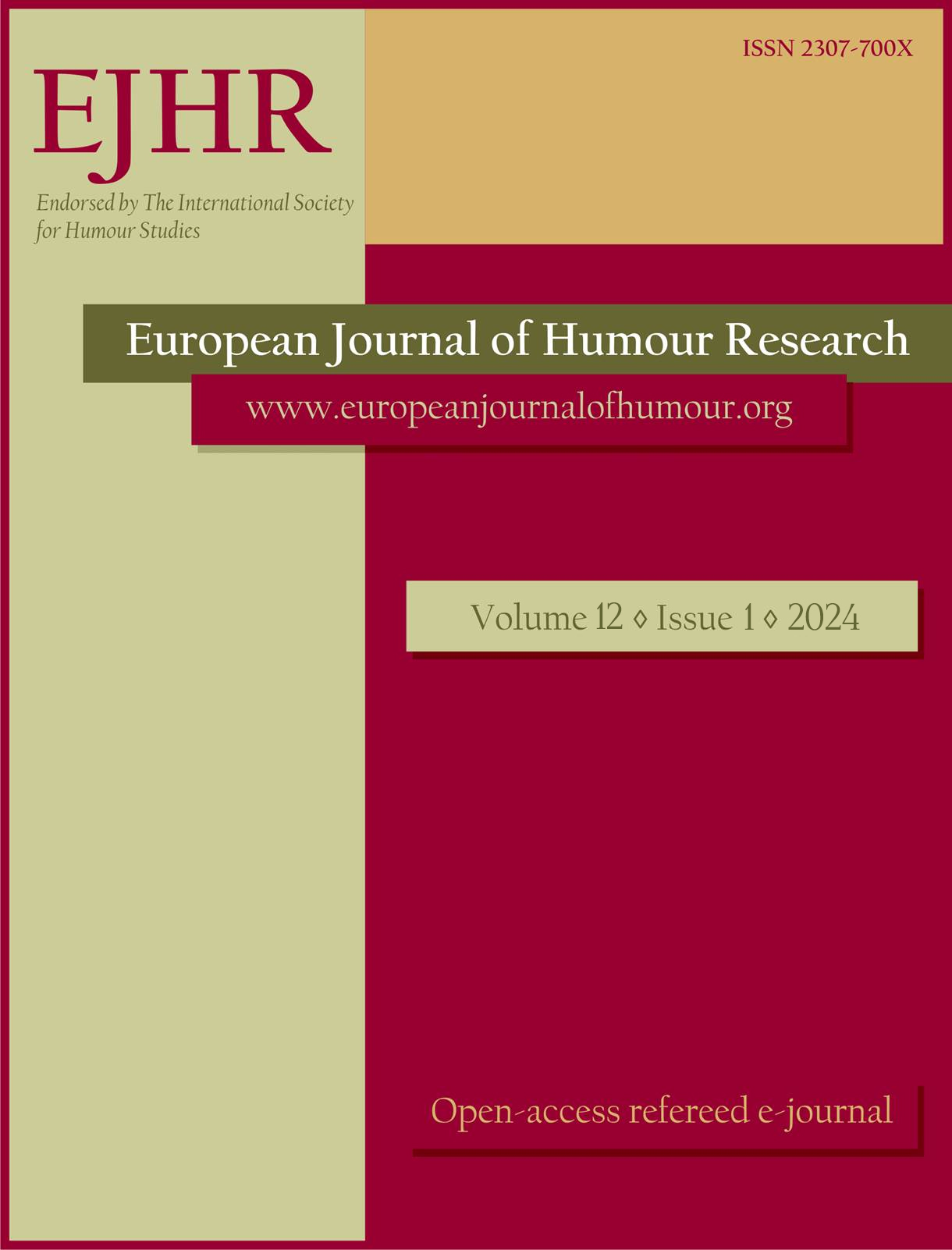Humour versus dignity in the public sphere
Humour versus dignity in the public sphere
Author(s): Nicholas HolmSubject(s): Language and Literature Studies, Applied Linguistics, Sociolinguistics
Published by: Krakowskie Towarzystwo Popularyzowania Wiedzy o Komunikacji Językowej Tertium
Keywords: dignity; public sphere; recognition; controversy; pie gag
Summary/Abstract: Dignity is an important—perhaps even essential—aspect of a functioning public sphere: one where citizens can meet each other as equals and respectful antagonists in the exchange of different perspectives and reasoned opinions. This potentially poses a problem, however, for those who seek to invoke humour as a productive element of public conversation and deliberation. Even when humour is not explicitly critical, to treat a subject or person in comic terms is potentially to threaten their dignity in ways that could undermine their ability to meaningfully participate in the public sphere.In this article I argue that there is a need to more fully theorise ‘dignity’ in order to understand how humour circulates and functions in the public sphere. To that end, I first draw upon Axel Honneth’s political theory of recognition as the basis for an expanded conception of dignity that can be understood as the basis for claiming membership of a political community.This model is then tested through a consideration of the physical comedy of ‘pie-ing’ as an example of the elementary conflict between humour and dignity. Finally, the concept of comic indignity is explored as a way to consider which members of a public sphere can afford to suffer slights to their dignity, which cannot, and how this unequal vulnerability to humour might provide the basis for a new model for assessing the politics of humour in the public sphere.
Journal: The European Journal of Humour Research
- Issue Year: 12/2024
- Issue No: 1
- Page Range: 41-55
- Page Count: 15
- Language: English

